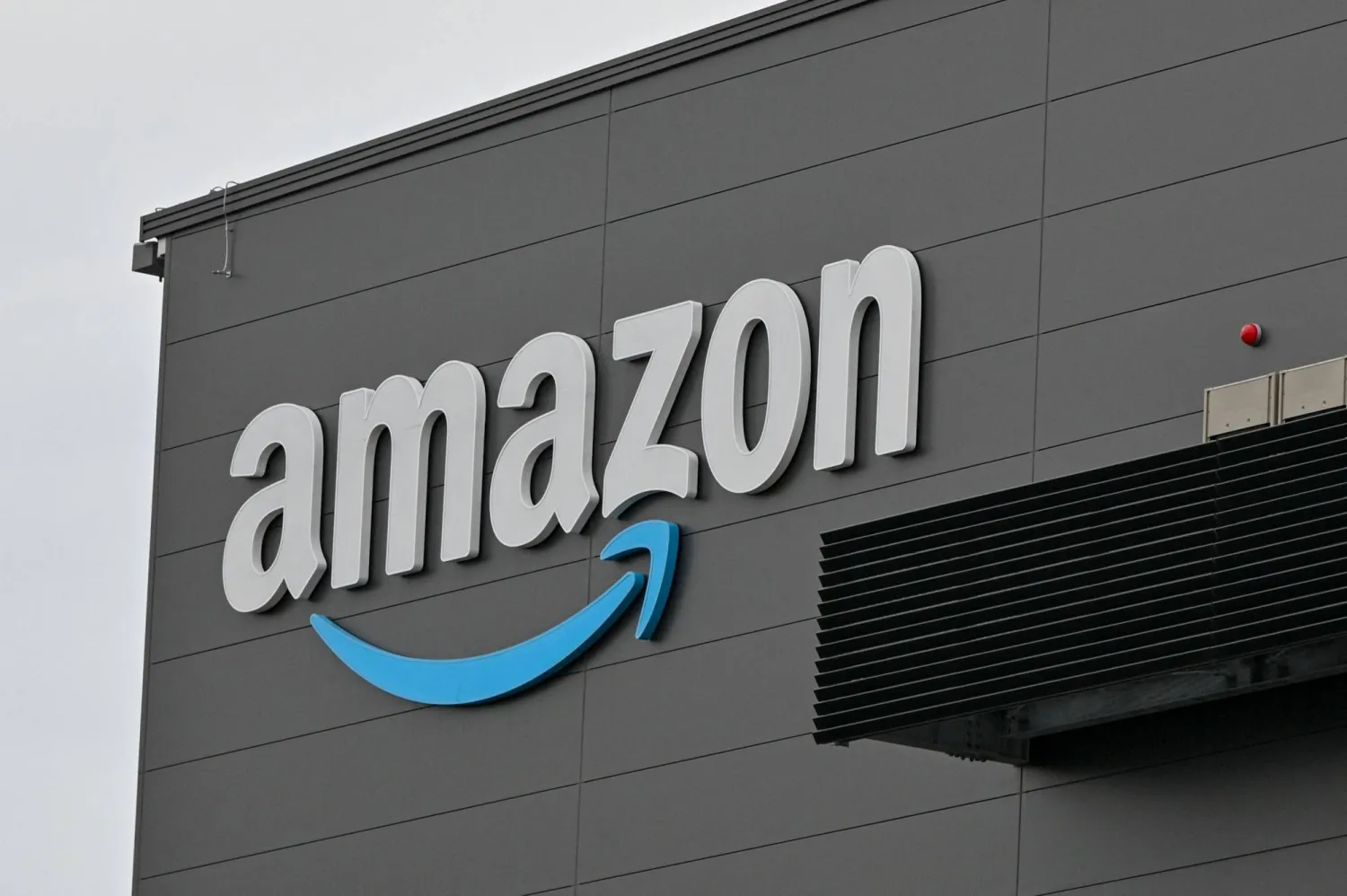Amazon's push to offer more everyday essentials like toothpaste is hurting its average selling prices, but it is also a guard against rivals such as Temu and Shein that offer rock bottom prices on goods they ship from China.
People are shopping more frequently at Amazon, adding more low-priced items with each checkout, Amazon said on Thursday, after it reported third-quarter revenue and profit that beat Wall Street expectations.
The company's stock rose about 6% in premarket trading on Friday, Reuters reported.
The e-commerce giant has seen its market share erode in apparel as Shein and Temu quickly expanded in international markets with $12 dresses and $10 gadgets. But offering a variety of everyday products like dish detergent and floss is helping Amazon.
"The strength in everyday essentials revenue is a positive indicator that customers are turning to us for more of their daily needs," said Amazon's Chief Financial Officer Brian Olsavsky. "We see that when customers purchase these types of items from us, they build bigger baskets, shop more frequently and spend more on Amazon."
In August, Amazon CEO Andy Jassy said average selling prices were falling because customers were trading down to cheaper items and buying more essential goods, and that sales of bigger ticket items like computers and electronics were growing "more slowly" than in a robust economy.
John Belton, portfolio manager at Gabelli Funds which owns Amazon shares, said that he is expecting more pressure on Amazon's selling prices in the fourth quarter because of the company's mix of products.
LOCAL WAREHOUSE STRONGHOLD
To offset the impact of lower average selling prices, Amazon is relying on its deep network of local warehouses that allows it to ship quickly.
It's "pretty easy to choose to supply" lower average selling price (ASP) merchandise, but much harder to be able to afford to supply them, Jassy said on Thursday.
"One of the reasons that we have been so maniacal about cost-to-serve over the last few years is that as we're able to take our cost-to-serve down, it just opens up the aperture for more items, particularly lower ASP items that we're able to supply in an economic way," he said.
Shein is trying to ramp up selling everyday products too.
Earlier this year, it began courting skincare and personal care brands such as Colgate-Palmolive to sell more household names on the platform. It launched a third party marketplace in 2023 to expand its product selection to include beauty and personal care products, household items and furniture.
But companies such as Shein would be less successful in expanding to day-to-day products, said Gil Luria, head of technology research at D.A. Davidson.
Shein and Temu have specialized in offering dresses, accessories and gadgets "that the consumer is less time-sensitive about," he said.
"They're not in the US, so they can't get me toothpaste quickly," Luria said, adding that any market for shipping essentials from China is likely to be a small one.
Amazon is also facing competition from rivals at home.
Walmart, the world's biggest supermarket chain, and smaller retailer Target have both slashed prices on essentials in a race to the bottom as they each try to woo inflation-wary shoppers.
Walmart, scheduled to report third-quarter results on Nov. 19, is expected to post a 4% rise in revenue, according to analysts polled by LSEG, a slightly slower pace of growth than in the second quarter.
Amazon on Thursday reported a 7% improvement in retail sales in the third quarter. In the second quarter, its retail sales had risen 5%.
The operating margin for Amazon's international business jumped to 3.6% in the third quarter from 0.9% in the second quarter. Its North America margin ticked up to 5.9% from 5.6% in the previous quarter.
Amazon's Plan to Tackle Temu, Shein? Sell More Toothpaste

(FILES) This picture taken on July 4, 2022 shows the logo of Amazon, a major online shopping company, displayed at Amazon Amagasaki Fulfillent Center in Amagasaki, Hyogo prefecture. (Photo by Kazuhiro NOGI / AFP)

Amazon's Plan to Tackle Temu, Shein? Sell More Toothpaste

(FILES) This picture taken on July 4, 2022 shows the logo of Amazon, a major online shopping company, displayed at Amazon Amagasaki Fulfillent Center in Amagasaki, Hyogo prefecture. (Photo by Kazuhiro NOGI / AFP)
لم تشترك بعد
انشئ حساباً خاصاً بك لتحصل على أخبار مخصصة لك ولتتمتع بخاصية حفظ المقالات وتتلقى نشراتنا البريدية المتنوعة







